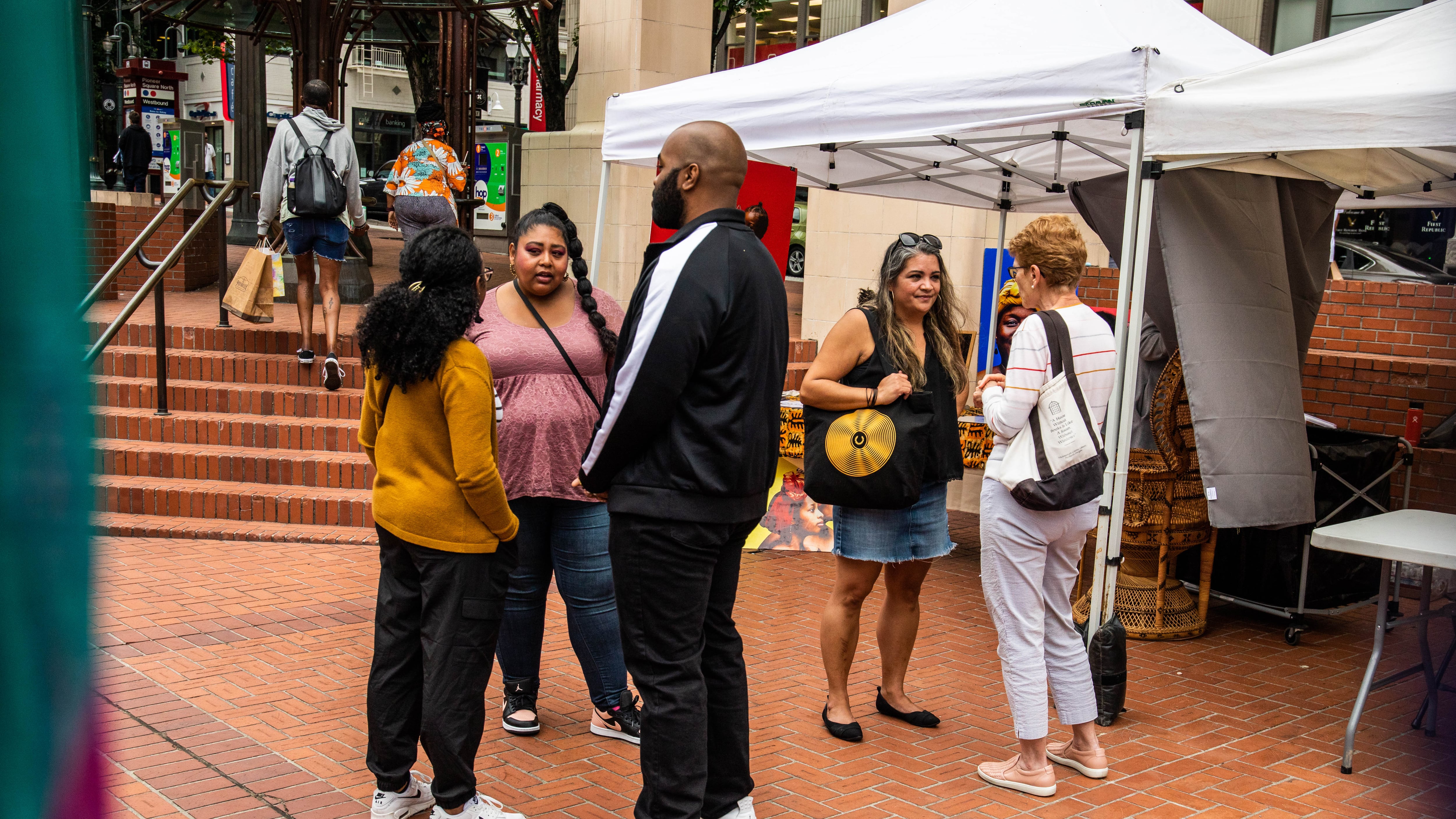The Portland Business Alliance received results back this week from a poll it commissioned to gauge Portlanders’ support for a charter reform measure on the ballot this November that would overhaul the city’s outdated governance system.
The measure, if approved, would implement four geographic voting districts with three councilors elected per district using ranked-choice voting, a city manager that would oversee all bureaus, and a mayor that holds tie-breaking power.
The Oregonian first reported the poll yesterday based on information from individuals privy to the results.
The PBA does not intend to release the entire poll’s results. However, John Horvick, vice president of DHM Research, which conducted the poll, walked WW through the poll results and methodology.
Horvick says the poll suggests voters are sick of the status quo and are eager to vote for change. But the poll also suggests that messaging that respondents hear about the reform measure from now until November and alternatives they’re presented could still have vast influence on the outcome of the measure.
So while voters are eager for change, they are open to any change.
Below are the basics of the poll.
Sample size: 420 respondents reached by phone and text.
Methodology: Respondents were first presented with the exact ballot measure question that will appear on November’s ballot: “Should Administrator manage city government, 12-member Council (three from each district) make laws, voters elect officials using ranked choice process?”
When presented with the ballot question, 63% of respondents said they would vote for it; 26% said they were certain to vote for it; and 36% were less certain but leaned toward voting for the measure. Sixteen percent of respondents were undecided, and the remaining 21% said they planned to vote no, Horvick says.
Half of the respondents were then offered messages of support for the measure, while the other half were presented with messages of opposition. For those who heard the pro message, support for the measure rose to 69%. For those who heard the opposition message, support dropped to 49%, according to Horvick.
When all respondents heard both pro and con arguments, support for the measure came out to 56%.
Horvick says a 20 percentage point gap is “larger than we typically see” in similar polling. That means voters are malleable: “To me that says, people are starting from the position of being upset with the city, but they’re not unmovable. They’re open to hearing another side.”
The last question posed to respondents introduced a ballot measure that pollsters guessed would be close to the measure City Commissioner Mingus Mapps intends to bring to the spring 2023 ballot.
Sixty percent of respondents said they would vote for that measure.
